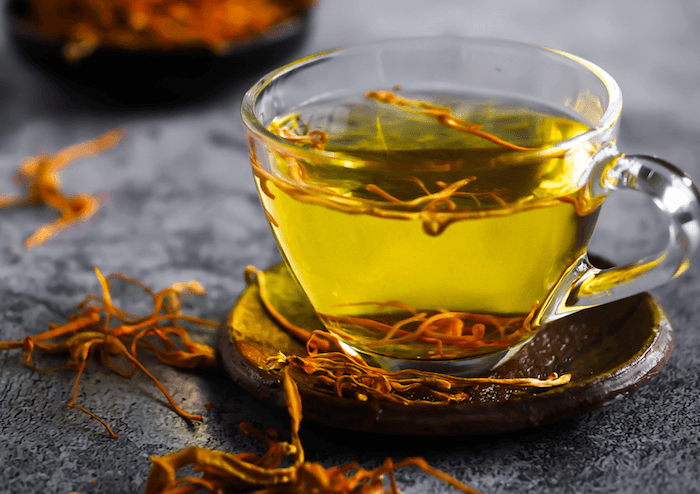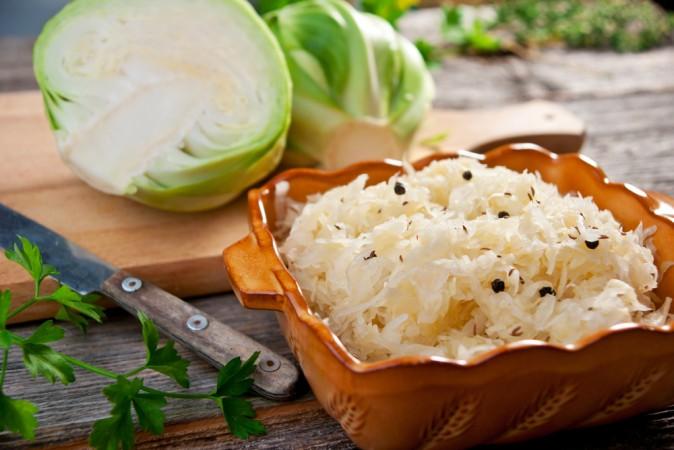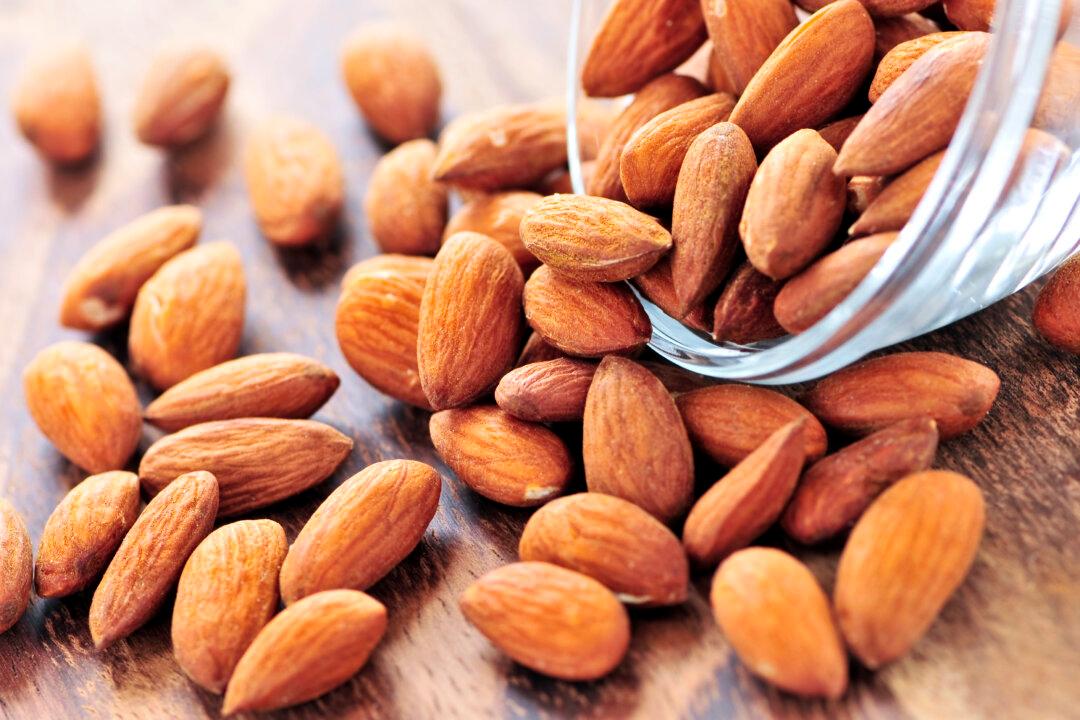Coffee has become a morning ritual for approximately 80 percent of people in North America. There is virtually no other food or beverage that continues to sustain such popularity. Without their morning java, many people struggle to get their brain and body going for the day.
However, like any drug (caffeine is psychoactive), coffee has its drawbacks. Most people try to ignore these due to their blind love for this invigorating beverage. Some of these drawbacks include:
- Caffeine jitters and crash—like any drug, the withdrawal symptoms can be painful, which encourages you to continue consuming the beverage.
- Poor sleep quality—the forced stimulation of your hormonal system artificially overrides your natural circadian rhythm, causing sleeplessness at night.
- Adrenal fatigue—prolonged use of caffeine can lead to hormonal imbalance and can cause more serious issues like prostate and breast cancer.
- Kidney and bladder problems—caffeine has diuretic effects that can put stress on the urinary system.
- Triggering of stress hormones—increased stress makes muscles tense, elevates blood sugar, speeds up pulse and respiration rates, and increases your state of panic and alertness.
- Depletes the body of B-vitamins.
- Prevents iron absorption (can contribute to anemia).






